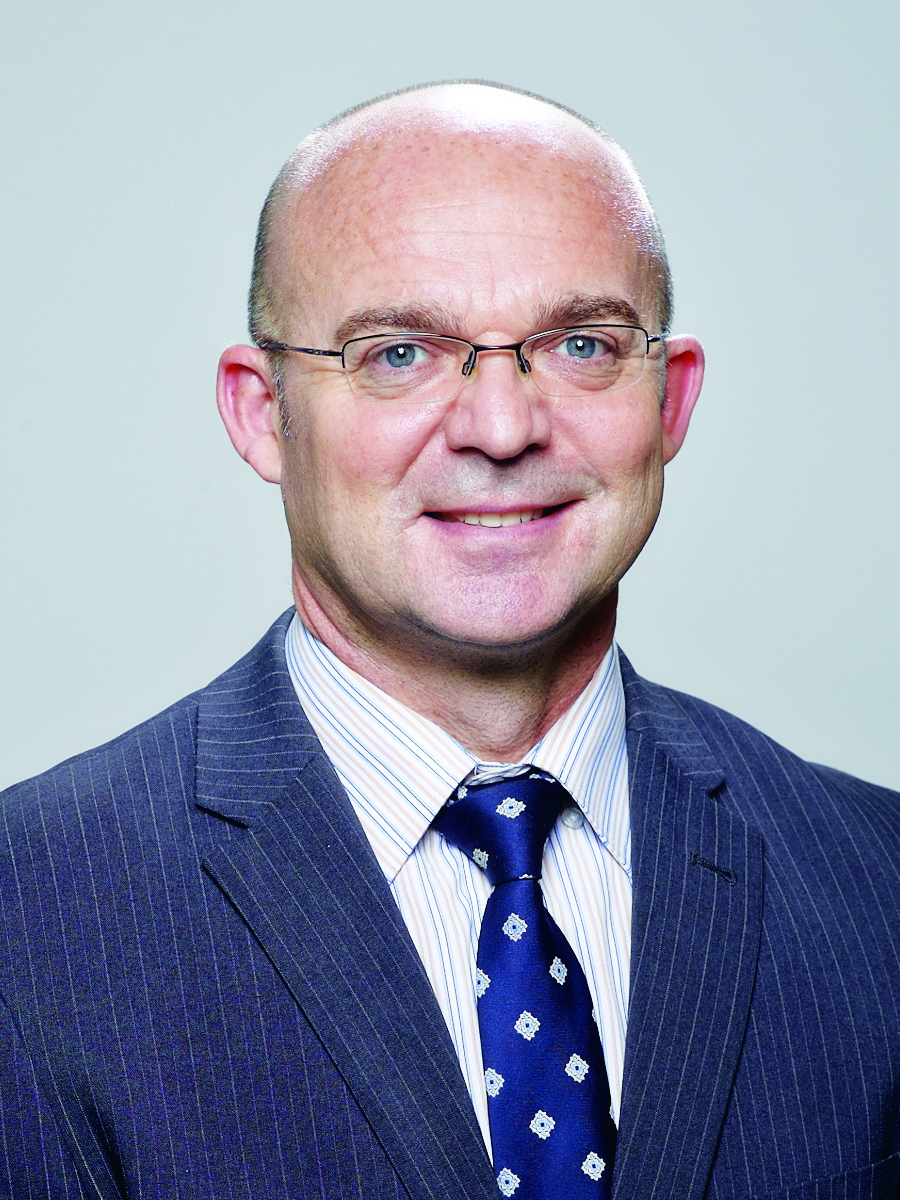The International School @ ParkCity, (ISP) opened in Desa ParkCity in September 2011 with 131 children from 3 to 13 years old. Just over three years later, the school has a healthy enrolment of more than 750 children from 3 to 16 years old and will offer A-Levels beginning in September 2015.
Mr Andrew Dalton was the founding Principal of ISP and has been instrumental in leading the school since its opening. He also currently serves as the Chairman of the Association of International Malaysian Schools. Here, he shares some of his views on how the challenges, demands, and opportunities of leading a fast-growing international school have changed over its first few years.
What are the biggest contrasts in the ‘before and after’ the school opened?
The answer focuses on two words: Promises and Expectations. Before the school opened, everybody and everything was all about promises. During my interview in September 2010 when I first met the Board, they were promising to be very supportive of me in helping us achieve our vision. In that same meeting, I was promising the Board that I could lead the school into a bright future; During the staff recruitment process, I was promising academic and non-academic staff that the school was going to be a wonderful place to work; When trying to recruit students, I was promising parents of the type of school that we would be; I was promising parents that the school would be ready to open by 7th September 2011; The developers were promising me that the school would be ready by July 2011.
I imagine that you’re getting the point. Everything was based on promises, and I firmly believe that one of the most significant reasons of why the school has been so successful in such a short space of time is quite simply because we have all kept our promises.
Now, as soon as the school actually opened, some of those promises were immediately fulfilled. It is at that point that the expectations come in. You have made the promises, you have kept the promises, now can you meet the expectations. And these expectations will forever be changing over time, becoming even higher expectations; there is nothing wrong with that as we should always be striving to be even better at everything that we do. After all, high achievement always takes place within the framework of high expectations.
What things have changed at ISP in the last few years?
I think the most obvious one is that of an increase in student numbers, which is wonderful as it is a good indicator that you are doing something right in the school! Something else that has definitely changed is the way that we now go about recruitment, which again brings with it a new set of challenges. I certainly look for different qualities and characteristics in teachers now that we are established relative to when we first opened.
Linked to both of these changes is the necessary changes to the organisational structure, too: inevitably we need to include various positions of responsibility such as Heads of Department, Heads of Year, Heads of Key Stage, and so on.
Of course, too, my role – and my leadership style – has changed as we have grown. With regards to my actual role, I must say one aspect that gives me the least satisfaction is that I seem to be getting further removed from the students and the classrooms as time passes. I am not proud of that, as the students are why I’m in my position, and I am fully aware that I am the only person who can address that.
What challenges have arisen as a result of these changes?
Well, there will always be the issue of new students, families, and teachers joining a school that still has students, families and teachers who were at the school when it first opened in 2011. It is a challenge to ‘gel’ those people. There are also the obvious logistical challenges of timetabling, spaces, rooms, flow of children, and play space. One of the major challenges that I work hard to retain is that of maintaining a whole-school feel. And what I mean by that is that there is always the risk that a school that has an age range from 3 to 18 could actually become several schools within the same building, such as a Pre-School, a Primary School, and a Secondary School. It is very important to me that we maintain this whole-school feel, especially as we move into offering A-Levels from September 2015.
As the school has grown, inevitably, the quantity of staff that we employ has increased, yet the quality of teachers that we retain and employ has remained strong. Continuing to retain and recruit highly quality teachers is obviously a challenge for all schools. We don’t ever want good people to leave us, yet that is a reality in the international school circuit. The challenge of recruitment is not going away and it is certainly not going to get any easier in the foreseeable future.
The challenges we face, however, are also opportunities, and I can quote Ralph Waldo Emerson on this very point: “Do not go where the path may lead. Go instead where there is no path and leave a trail.” I really believe that leaders of international schools, especially new international schools, have a massive opportunity to be different and to make a significant difference to every child who enrolls at our schools.
Read This: 3 Things You Might Not Know about Nexus International School
Source: The Expat magazine May 2015
"ExpatGo welcomes and encourages comments, input, and divergent opinions. However, we kindly request that you use suitable language in your comments, and refrain from any sort of personal attack, hate speech, or disparaging rhetoric. Comments not in line with this are subject to removal from the site. "





















